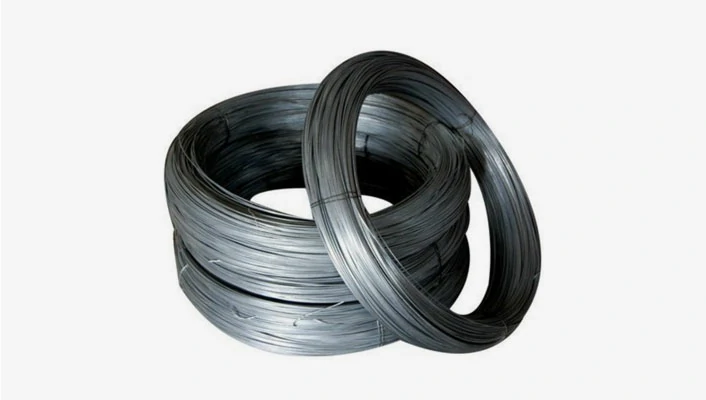nails for wood fencing
Nails for Wood Fencing Choosing the Right Hardware for Durability and Stability
When it comes to constructing a wood fence, choosing the right nails is just as crucial as selecting the perfect wood. The right nails can significantly enhance the durability and stability of your fencing, ensuring that it withstands the test of time and the elements. This article will explore the various types of nails suited for wood fencing, their benefits, and tips for selecting the best options for your project.
Types of Nails for Wood Fencing
1. Common Nails These nails are typically used for framing and general construction but can work well for wood fences. Their thick, serrated shank provides a strong hold, making them suitable for heavy-duty applications. However, they may be prone to rusting if not coated properly.
2. Galvanized Nails A popular choice for outdoor applications, galvanized nails are coated with a layer of zinc that protects them from rust and corrosion. This makes them ideal for wood fencing, as they can withstand exposure to moisture and the elements without compromising the structural integrity of the fence.
3. Stainless Steel Nails For those looking for top-tier durability, stainless steel nails are an excellent option. They are highly resistant to rust and corrosion, making them perfect for coastal areas or regions with high humidity. While more expensive than their galvanized counterparts, stainless steel nails offer unparalleled longevity.
4. Ring Shank Nails These nails feature a ringed shaft that provides a better grip in the wood, reducing the chances of the nails loosening over time. They are particularly beneficial in high-wind areas, where the security of the fence is paramount.
5. Screw Nails A hybrid between screws and nails, screw nails have a threaded design that provides excellent holding power. They are suitable for heavier fencing materials and those looking for additional stability in their fence design.
nails for wood fencing

Factors to Consider
Choosing the right nails involves considering several factors to ensure the longevity of your wood fence
- Wood Type Different types of wood have varying densities and properties. Make sure to choose nails that are compatible with the type of wood you are using; for example, softer woods may not require heavy-duty nails. - Climate In areas with high moisture levels or salt exposure, opting for galvanized or stainless steel nails is important to prevent rusting.
- Fence Design The design and height of your fence may also influence your choice of nails. Taller fences or those subjected to high winds may benefit from the added grip of ring shank nails.
- Nail Size The length and diameter of your nails will affect their holding power. Ensure you select appropriately sized nails based on the thickness of your fencing materials.
Conclusion
Nails may seem like a small detail in wood fencing, but they play a critical role in the overall strength and durability of the structure. By understanding the different types of nails available and the factors to consider based on your specific project and location, you can ensure that your wood fence stands strong for years to come. Whether you choose galvanized, stainless steel, or ring shank nails, the right choice will make all the difference in your fencing project's success.
-
Innovations in Razor Barbed Wire Design TechnologyNewsAug.11,2025
-
Roofing Nail Compatibility with Different Metal Roof TypesNewsAug.11,2025
-
Welded Wire Mesh for Rockfall Protection BarriersNewsAug.11,2025
-
Galvanized Wire Corrosion Resistance TestingNewsAug.11,2025
-
3D Fence Solutions Preventing Bird CollisionsNewsAug.11,2025
-
Using Chain Link Fence for Urban Garden SupportNewsAug.11,2025




